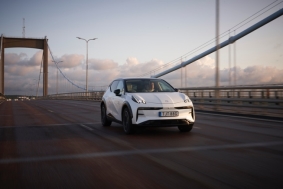Transport for West Midlands (TfWM) has issued a statement setting out accurate data on the metropolitan West Midlands bus network following media articles stating the region has lost more bus services than anywhere else in England. The figures presented in these articles are not an accurate assessment of the bus network in the TfWM area, which covers Birmingham, the Black Country, Coventry and Solihull.
“Thanks to the hard work of Transport for West Midlands (TfWM) working in close collaboration with local bus operators we were able to protect services for the Commonwealth Games and beyond and have actually succeeded in maintaining around 91% of our network compared to the mileage it covered in 2017/18.
“The TfWM network has the highest percentage for network mileage protected of any large urban conurbation outside of London. This significant benefit to passengers is despite an extremely challenging environment for the bus industry which faces falling passenger numbers and rising fuel and operating costs.
“The Traffic Commissioner figures quoted in these articles relate to the wider West Midlands which also includes the surrounding shire authorities of Herefordshire, Shropshire, Staffordshire, Warwickshire and Worcestershire. It’s no secret that in recent years the UK’s rural areas have been hit hardest by reductions in bus service provision and this has significantly worsened following Covid.
“Comparing the number of services to previous years also fails to consider on-going improvements and a simplification of the network for the benefit of passengers. This has seen multiple routes and timetables often combined into one service with no loss of coverage.
“A good example of this is in Aldridge where the 35a and 36 services, run by two different operators, were replaced by a single service with new journey opportunities between Walsall and Lichfield. These are undoubtedly tough times for the industry and TfWM will continue to work closely with local bus operators and other partners to maintain and protect the network for the benefit of the travelling public while managing any changes that may be needed going forward.”












